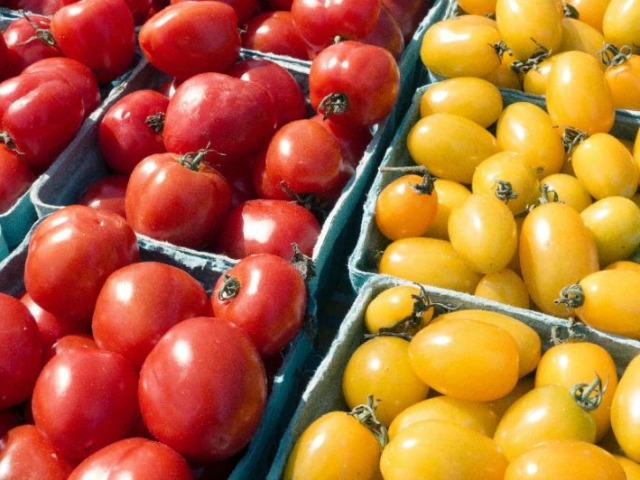The price of fresh vegetables in Venezuela has risen by nearly 600 percent in recent months amid the country’s skyrocketing inflation and worsening humanitarian crisis, according to a report from El Nacional.
Vegetables have traditionally been a staple part of the Venezuelan diet, yet amid the country’s economic collapse, people can no longer afford to buy them, causing rapid increases in the price of products.
For example, while a kilo of carrots cost approximately 1750 bolivares in January, it now costs 12,000 bolivares, an increase of 585 percent in 9 months.
12,000 bolivares represents 12 percent of the country’s monthly minimum wage of 97,500 bolivares a month, which despite three hikes over the course of 2017, is equivalent to under six dollars a month.
Meanwhile, other products such as tomatoes, onions, and cucumbers have also seen increases this year of over 600 percent.
“I went to the supermarket this week and could only buy three tomatoes that cost me 7,000 bolivares, as I did not have enough to buy a full kilo,” one shopper told the outlet. “Every time I buy less, and have had to stop buying many things altogether, especially carrots.”
“Prices rise from day to day,” a shop owner said, confirming that it was a result of falling sales.
Even at government-run “socialist fairs,” designed to be affordable for lower-class Venezuelans, inflation has rendered most products too expensive, with products such as onion, paprika, and carrot increasing in price 50 percent in the space of a month.
After 18 years of socialist government under Hugo Chávez and now Nicolás Maduro, Venezuela’s shattered economy has led to chronic shortages of food, medicine, electricity, and sanitary products.
“This situation is chaotic, as my salary is not enough to buy even the most basic of products,” shopper Alejandro Torres said. “I even had to take my daughter out of school because I can not afford it.”
An annual survey of Venezuelan living conditions in May revealed nearly 75 percent of respondents lost an average of 19 pounds unintentionally in the past year, while 82 percent of households live in poverty. People have also been forced to cut key proteins from their diets, such as meat, dairy, and fruit.
Therefore, scavenging for food has now become a daily practice for many Venezuelans, worsened by the country’s largely non-existent waste management system. Many unsold vegetables can be found in garbage disposal, much of which is strewed across the streets, although people run the risk of infection from the high levels of bacteria.
As emigration to neighboring Colombia continues to increase, Colombian officials confirmed last week that they were considering the construction of refugee camps similar to those in the Middle East in preparation for an exodus of Venezuelan’s leaving the country.
You can follow Ben Kew on Facebook, on Twitter at @ben_kew, or email him at bkew@breitbart.com

COMMENTS
Please let us know if you're having issues with commenting.